(ECNS) — A recent survey by U.S. firm Morning Consult shows that global perceptions of China are improving while views of the United States are deteriorating, with experts pointing to U.S. trade policy as a key factor contributing to Washington’s declining international standing.
According to the data, cited by Axios News on June 2, China's net favorability rating rose to 8.8 by the end of May, while the United States fell to -1.5. The survey tracked the views of adults in 41 countries, including Canada, France, Japan, Russia, and the United Kingdom.
“Since January 2025, the overwhelming majority of countries simultaneously exhibit worsening views of the United States and improving views of China,” said Jason McMann, head of political intelligence at Morning Consult. He added that the trend became more pronounced in March, especially after U.S. President Donald Trump announced his “Liberation Day” tariffs.
The company report warned that the U.S.'s diminishing reputation is already having tangible economic effects. “As views of the United States worsen, trade and investment opportunities for American firms doing business overseas may also diminish as consumers shun the products and job opportunities they provide,” McMann wrote.
A report by The Independent noted that the countries surveyed include many of America’s most important economic and military partners in a clear blow to U.S. soft power.
America’s global standing fell to a tracking low just after Washington’s reciprocal tariff announcements on April 2, 2025, which tipped net favorability of the United States into negative territory for the first time since January 2022, it said.
The report noted that the United States’ global favorability only began to recover slightly after the Trump administration agreed to temporarily reduce tariffs on China in early May. However, the recent accusations by Trump that China violated prior agreements have cast doubt on the fragile détente.
A spokesperson for China’s Ministry of Commerce said on June 2 that the United States has unilaterally escalated new trade frictions and increased uncertainty and instability in bilateral economic and trade relations. The spokesperson firmly rejected U.S. accusations, calling them baseless and contrary to the facts.














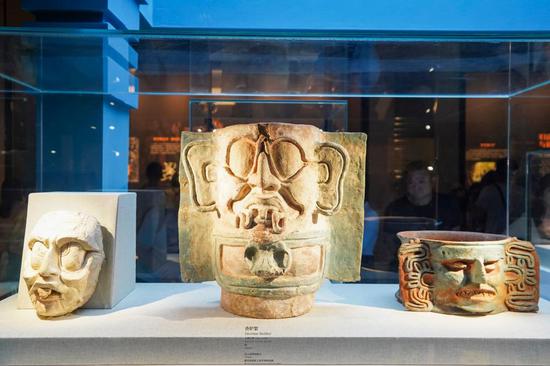
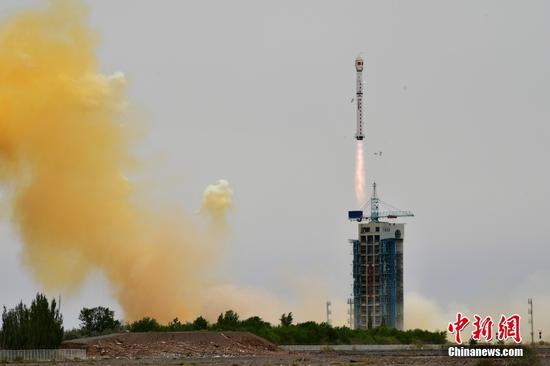


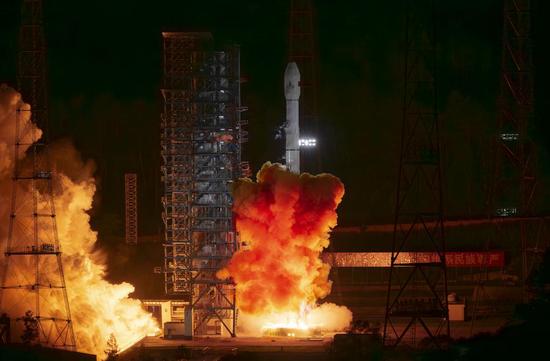





















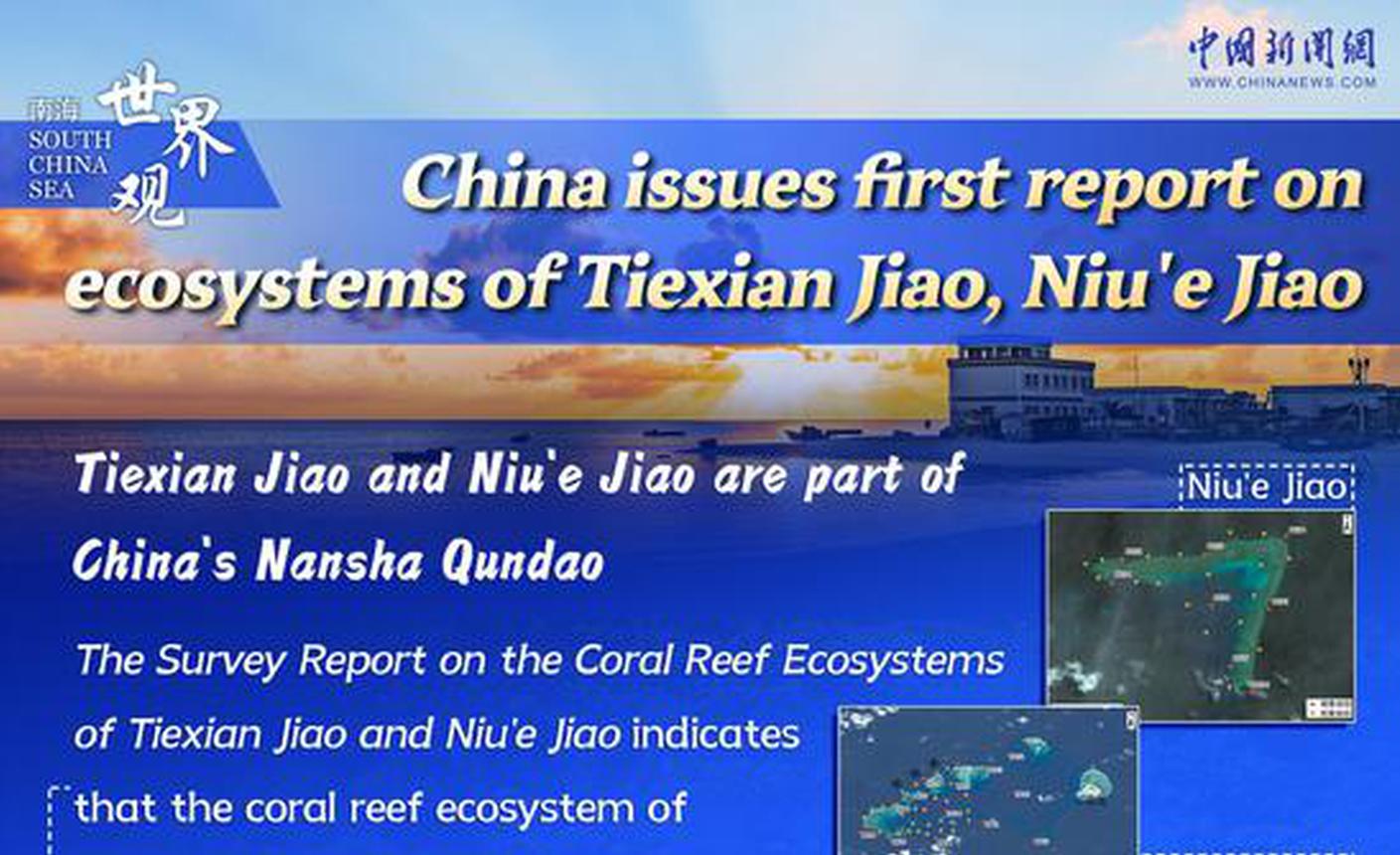
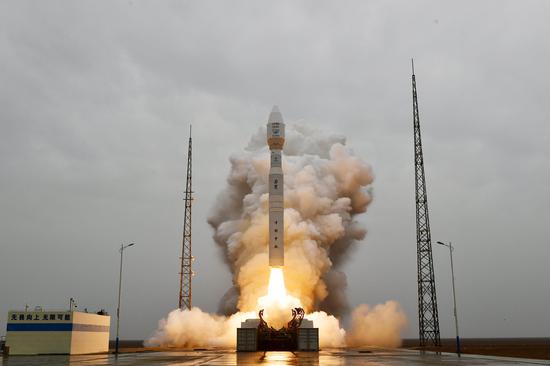








 京公網(wǎng)安備 11010202009201號
京公網(wǎng)安備 11010202009201號